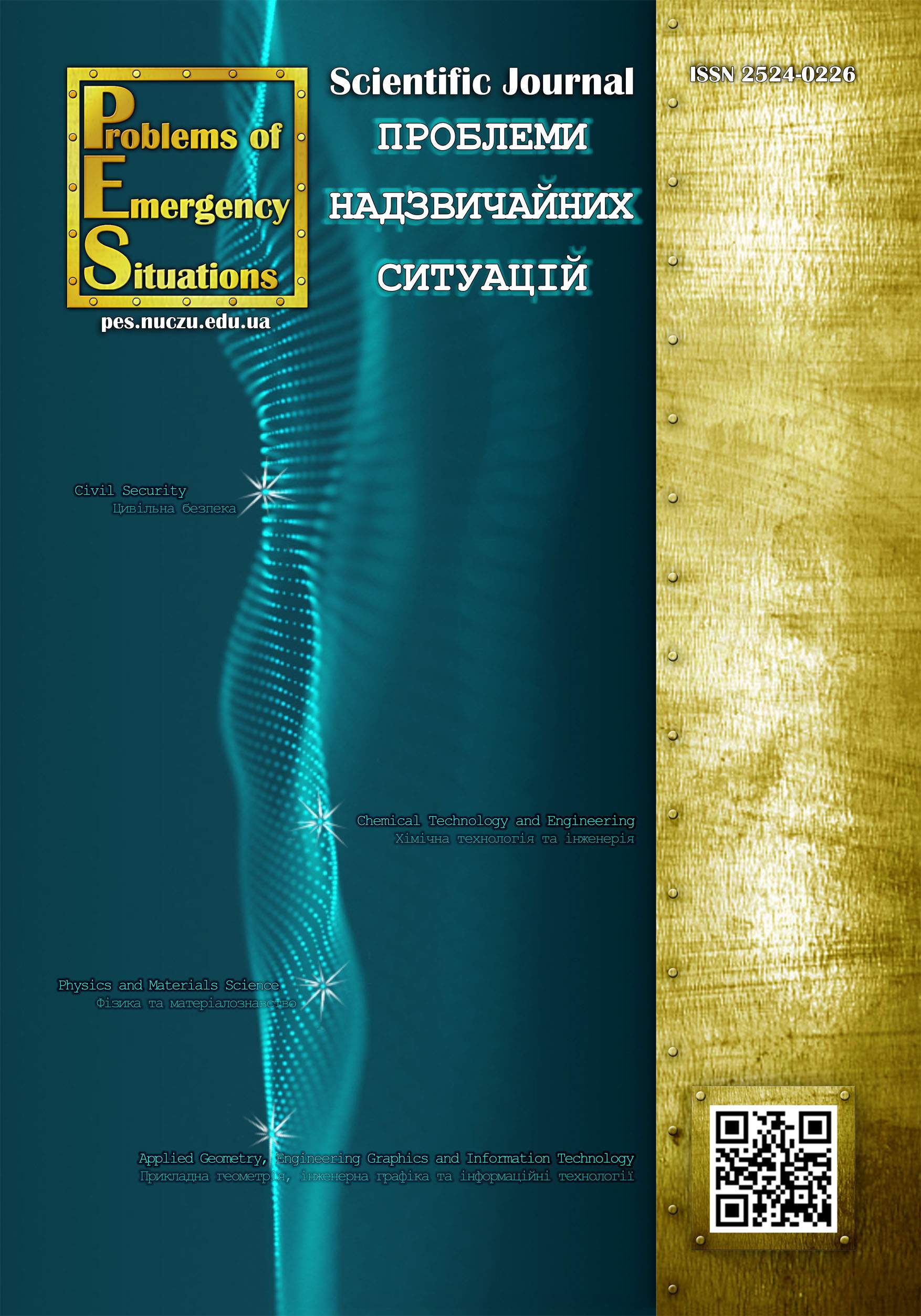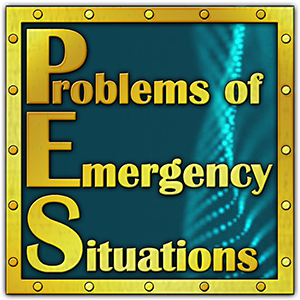Reviewing and adhering to editorial ethics
- In order to comply with the ethical standards adopted by the international scientific community and to prevent any violations of these norms, both in their own work and in relations with all participants in the scientific process the article is subject to a mandatory review procedure
- Scientific articles submitted to the editorial board and meeting the formal criteria are considered on the subject compliance with the subject matter of the publication and the definition of the range of reviewers. Reviewing materials that are relevant to the subject matter of the publication is completely anonymous for the author and reviewer, the procedure is carried out by two independent reviewers (the process of double "blind" review - Double-blind peer review policy).
- The review team may include members of the editorial board and external experts who determine the vector of development of scientific thought and have publications in the relevant subject areas.
- The reviewer evaluates:
- sufficiency of disclosure of the relevance of the article;
- substantiation of the connection of the problem posed in the article with important scientific or practical tasks;
- completeness of analysis of recent research and publications on a general problem;
- the purpose of the article corresponds to the problem considered by the author;
- substantiation of the received scientific results;
- scientific conclusions and their correspondence to the purpose of the article;
- prospects for further research in this direction;
- аnd also the reviewer evaluates the terminology of the uniqueness of the article;
- knowledge of the author of scientific literature on the subject of the discussion, including international experience;
- peculiarities of the author's style and language (clarity of language and style, necessity of additional scientific and literary editing, etc.).
- The review should contain specific conclusions about the expediency of the publication, indicating the main shortcomings of the article (if any), as well as the conclusion about the possibility of publication: «recommended», «recommended in the light of the correction of these shortcomings»or «not recommended».
- The review is made in print, must be signed by the reviewer and certified by the seal of the institution at the place of work of the reviewer.
- In case of rejection of the article, the editorial board sends the author a motivated refusal.
- The presence of a positive review is not sufficient reason for the publication of the article. The final decision on the expediency of publication is taken by the editorial board of the publication.
Unicheck plagiarism check system is applied to articles.
The procedure for reviewing and adhering to editorial ethics is organized in accordance with the principles declared by the Committee on Publication Ethics (Committee on Publication Ethics / COPE)
Adherence to academic integrity
The edition of the publication contributes to the observance of academic integrity and requires the following requirements in the preparation of a scientific article:
- references to sources of information in the case of the use of ideas, developments, statements, information;
- observance of the norms of the legislation on copyright and related rights;
providing reliable information about the methodology and results of research, the source of the information used and its own pedagogical (scientific and pedagogical, creative) activity.














